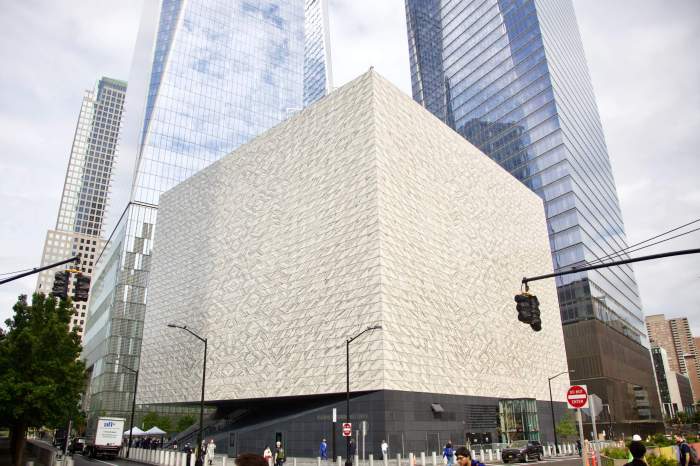By Andrei Codrescu
For something to be funny in my book it has to be innocent and optimistic, not powerful and stupid. When I immigrated to the U.S. in 1966 I had all the ingredients of funny: I was young, if not exactly innocent in the catholic mode – I survived mostly by donating sperm to a New York sperm bank – you didn’t know that, did you? I have thousands of children. Some of them might be reading this, with six credit cards in their wallet. Anyway, I felt pretty innocent, I was certainly optimistic, and I was poor. I was funny – other people thought that I was funny. To myself I wasn’t all that funny – “nobody’s a character to themselves” as Ted Berrigan said, — but if I liked people I thought that they were “funny.” My English was pretty rudimentary so I could only absorb one meaning at a time. Later, I added to that sense of “I like you, you’re funny,” the sense of strange — “she’s funny. Hmmm.” That meant “weird.” So in addition to being young, innocent, optimistic and poor, I found my contemporaries touching and funny because they were like me, young, optimistic, and poor. There were many people in the world who were not funny – the majority, in fact. The grownups. They waged war, they enslaved the children, they worked humorless jobs, and they were racist, xenophobic, and, well, old. Not funny – I mean, in retrospect, what kind of judgmental little bastard was I to make such a large abstract indictment of people I didn’t know? I was naïve, and maybe that wasn’t so funny. But I wasn’t wrong. FUNNY to me means endearing. The word comes from “fun,” which means having a good time, and it’s synonymous with “amusement,” a word that has the “muse” in it, and it means that when you are having fun you are inspired, that the muse is with you.
So “funny” to me is the opposite of mean, cruel, and insensitive; it means that I can recognize the absurdities and contradictions of someone’s life and gestures because I like them. It’s a kind of enhancement. You have to also be smart to be funny, in addition to being innocent, poor, and optimistic, because if you’re not smart you’re not telling people anything they don’t know. And if you’re not telling people something they don’t know, you’re not funny.
Power and stupidity are not funny because they are neither innocent nor optimistic no matter how often they use the rhetoric of innocence and optimism. So innocence, whatever else you might think it is, is a big ingredient of “funny.”

















